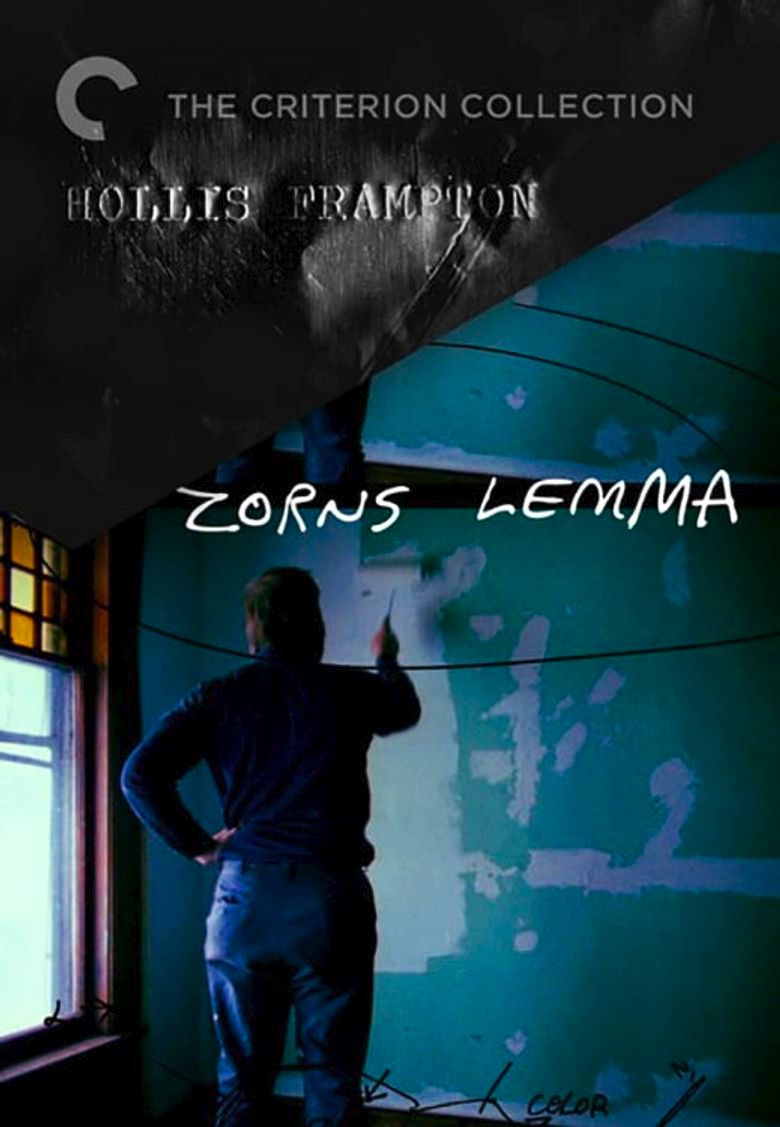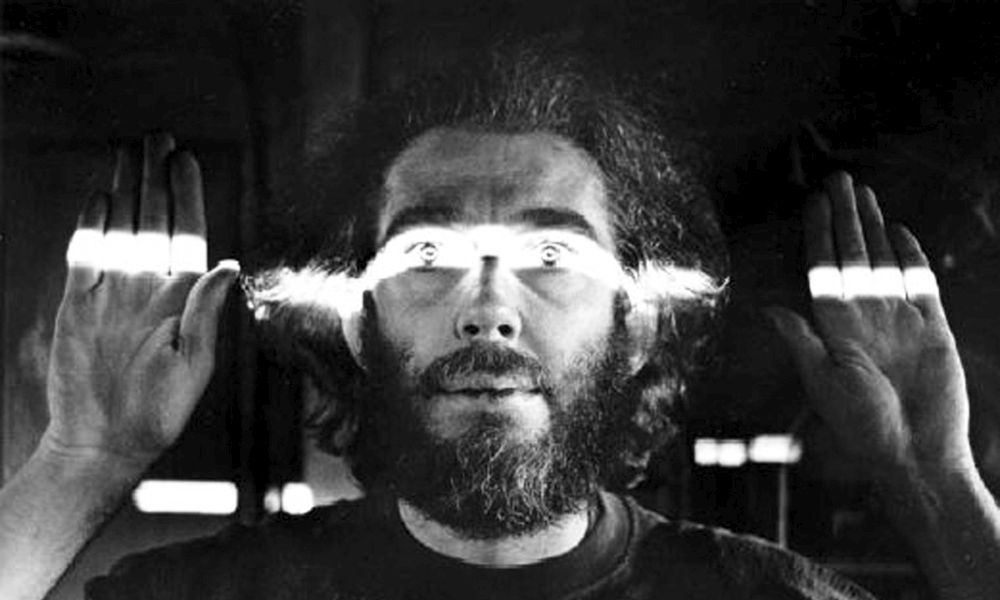"Few figures loom as large in the history of American avant-garde cinema, proliferating ideas about and through the cinema that continue to reverberate among today’s practitioners. Echoing early film theorists like Hugo Münsterberg, Frampton liked to say that cinema was unique in its capacity to mirror human consciousness, and his films demonstrate a desire to put film’s artificial intelligence to work—thinking through cinema." - Leo Goldsmith (The Brooklyn Rail, 2012)
Hollis Frampton
Director
(1936-1984) Born March 11, Ohio, USA
(1936-1984) Born March 11, Ohio, USA
Key Production Country: USA
Key Genres: Short Film, Avant-garde/Experimental, Abstract Film
Key Genres: Short Film, Avant-garde/Experimental, Abstract Film
"A structural filmmaker who shoots stories which are stable patterns of energy through which characters may pass." - William R. Meyer (The Film Buff's Catalog, 1978)
"In the late 50s, in New York, he took an interest in still photography and during the 60s worked as a technician in a film laboratory. While there, he began exploring the physical properties and expressive potential of film. He soon began making experimental films, ranging widely in form but sharing the quality of structured precision. Among other areas, he experimented with interactive cinema, inviting audience participation. He wrote extensively on film theory." - The Film Encyclopedia, 2012

Hapax Legomena I: (nostalgia) (1971)
"By the end of his career, he had completed close to one hundred films (including the individual one-minute Pans for Magellan) and numerous photographic series; helped establish the pioneering Digital Arts Laboratory at the Center for Media Study at the State University of New York at Buffalo in 1977; published Circles of Confusion: Film, Photography, Video—Texts 1968–1980, his influential collection of theoretical essays and other writings that had originally run in Artforum, October, and elsewhere; and been honored with retrospectives at the Walker Art Center in Minneapolis and the Museum of Modern Art in New York. At a time when many of his filmmaking colleagues still kept their distance from newer electronic media, he not only embraced and wrote about video but also delved into xerography and computer programming." - Ed Halter (The Criterion Collection, 2012)
"Frampton’s contributions to cinema went beyond the visionary experimental movies he made; he also wrote brilliant essays that explained the medium in enlightening new ways, and he showed a fascination for emerging technologies that likely would’ve blossomed into something astonishing had Frampton not died of cancer in 1984, at age 48, just before the personal computer and video revolutions really got rolling." - Noel Murray (A.V. Club, 2012)
"Once seen, Frampton’s films, often deceptively simple in concept and setup, become singular and indelible, his uncanny intuition emerging from the most basic ruptures and rearrangements… There’s an anarchic affection with which Frampton commits violence to forms, and to our gaze—breaking open familiar concepts and putting them back together in odd ways. In many cases, the movie will take place outside the “movie,” in a kind of conceptual dialogue with the viewer using elemental cues, mimetic codes, and memory prompts. One of several great masterpieces is (nostalgia), in which the off-screen voice of confederate Michael Snow narrates a series of Frampton’s photographs (speaking as Frampton, in the first person)—as each picture catches fire on a hot plate." - Jaime N. Christley (Slant Magazine, 2012)
"Hollis Frampton is known for the broad and restless intelligence he brought to the films he made, beginning in the early '60s, until his death in 1984. In addition to being an important experimental filmmaker, he was also an accomplished photographer and writer, and in the 1970s made significant contributions to the emerging field of computer science. He is considered one of the pioneers of what has come to be termed structuralism, an influential style of experimental filmmaking that uses the basic elements of cinematic language to create works that investigate film form at the expense of traditional narrative content. Along with Michael Snow and Stan Brakhage, he is one of the major figures to emerge from the New York avant-garde film community of the 1960s." - Tom Vick (Allmovie)
"Considered one of the most brilliant artist-thinkers of the modern American avant-garde, Hollis Frampton is best known as a structuralist filmmaker, though he was also at various times a poet, photographer, essayist and film theorist, later working in video and "computer-generated, -controlled & -processed image, sound & text" which included designing programs at the dawn of the computer age." - Harvard Film Archive
"A specter is haunting the cinema: the specter of narrative. If that apparition is an Angel, we must embrace it; and if it is a Devil, then we must cast it out. But we cannot know what it is until we have met it face to face." - Hollis Frampton
Selected Filmography
{{row.titlelong}}
Hollis Frampton / Fan Club
Peter Sainsbury, Shanay Jhaveri, Félix García de Villegas Rey, Dennis Lim, Bruce Jenkins, Francisco Algarín Navarro, David Sterritt.
Peter Sainsbury, Shanay Jhaveri, Félix García de Villegas Rey, Dennis Lim, Bruce Jenkins, Francisco Algarín Navarro, David Sterritt.
"Fan Club"
These film critics/filmmakers have, on multiple occasions, selected this director’s work within film ballots/lists that they have submitted.
These film critics/filmmakers have, on multiple occasions, selected this director’s work within film ballots/lists that they have submitted.


